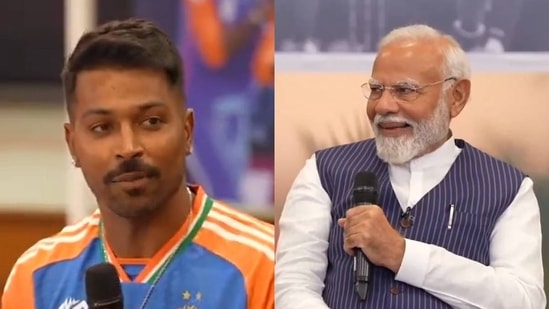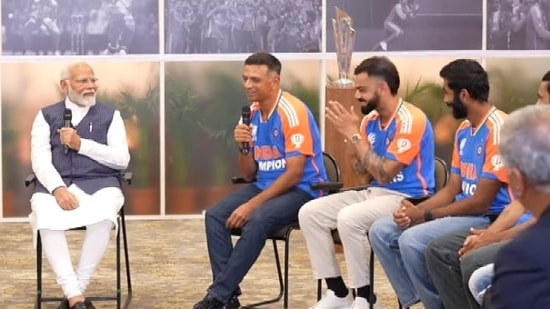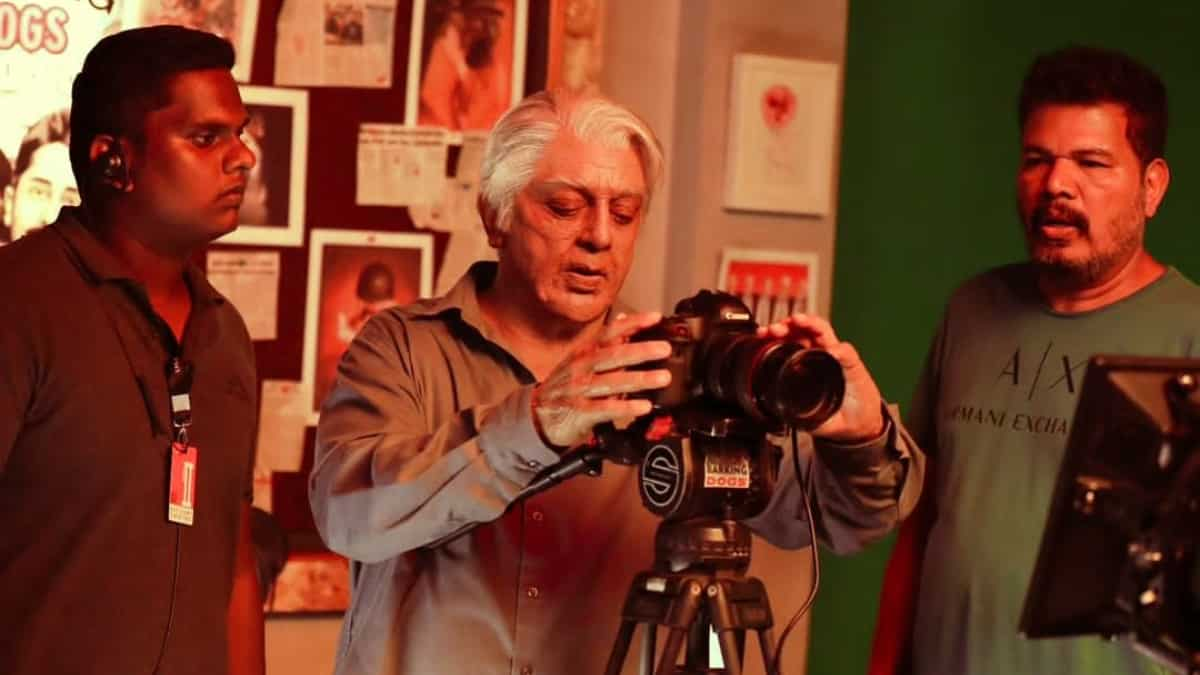
Olympics: Sailor Vishnu Saravanan chases high winds in Paris
24 days ago | 14 Views
Three years back when Vishnu Saravanan set his sails at the Enoshima Yacht Harbour in Japan's Fujisawa, he was a carefree youngster just happy to test the Olympic waters for the first time. Having secured a second straight Olympics qualification and having competed against some of the best in the business, the wide-eyed ebullience is replaced with quiet confidence.
Still only 25 and unafraid to dream, Saravanan speaks about becoming world No.1 someday — he is currently No.17 — in the most matter-of-fact manner.
“In Tokyo, I didn’t really care about the results. I just wanted to sail my best and see where I land. I finished 20 out of 35, second among the Asians. The fearlessness in Tokyo taught me that you can perform much better by not placing yourself underneath some of the veteran sailors. You really have to push that level of comfort where you can do your best,” he said of his learning from Tokyo in a virtual media conference organised by Sports Authority of India on Tuesday.
Seated in his Mumbai home with the backdrop the Indian flag with ‘Yes We Will’ pasted prominently alongside, there’s no dearth of motivation. And having already spent a month in Marseille — sailing venue for the Paris Games — there’s no dearth of conditioning either.
His room and his dreams have been shaped by his father Ramachandran, but the efforts are all his. That includes working on his technique, tactics and physique, but the key lies in taming the conditions. He calls it “chess on water” and “sprint of marathons” but no analogy can perhaps sufficiently convey the enormity of riding the waves in 30-knot winds.
“The biggest challenge in our sport is the conditions,” said Saravanan, who diligently studies the elements — wind, waves, clouds, cliffs — before each race. He likens Marseille to Mumbai’s Marine Drive, “but with cliffs on the edges”.
“When the wind comes from different directions, it gets very challenging to manage the waves. The conditions are quite random and the winds are unpredictable. You have to be prepared and you have to stay in the present to understand the situation. The conditions there will be so much more difficult and different from other venues like Australia or Tokyo, which were pretty straightforward,” added Saravanan, who is the first Indian sailor after Farokh Tarapore — he competed at Los Angeles 1984, Seoul 1988 and Barcelona 1992 — to make it to more than one Olympics.
“There’ll be a lot of ups and downs in the results. I really like those situations because it gives you a little bit of chance to perform in every race and whoever is consistent wins.”
Some of his biggest competitors are currently training partners in Marseille. Rubbing shoulders with 2012 London silver medallist Pavlos Kontides of Cyprus and Rio and Tokyo silver medallist Tonci Stipanovic of Croatia does have its advantages.
“I’ve been lucky to have such good training partners. It’s quite a solid group. As I say, I am in the Army, but I’ve never been in the war. But when I’m sailing with these guys, it feels like I’m at war every day because the intensity is super high and my heart rate never goes below 150 bpm. It might look from outside like we don’t really work so much but the tension is quite high,” he said.
Having spent a week at home, Saravanan heads back to his training base this week where he'll reunite with his “funny and competitive” Croatian coach Milan Vujasinovic to kickstart the final leg of his preparation. Driving him there will be the three words emblazoned on the medals-laden wall in his Mumbai home, and the “fighter mentality” which he counts among his key takeaways from Tokyo.
“I have taken that mindset to every season post Tokyo. The fighter mentality makes me want to beat the top guys before they quit.”
Paris won’t be a bad place to make that point.
Read Also: referee's howler costs india in 1-2 defeat to qatar

















